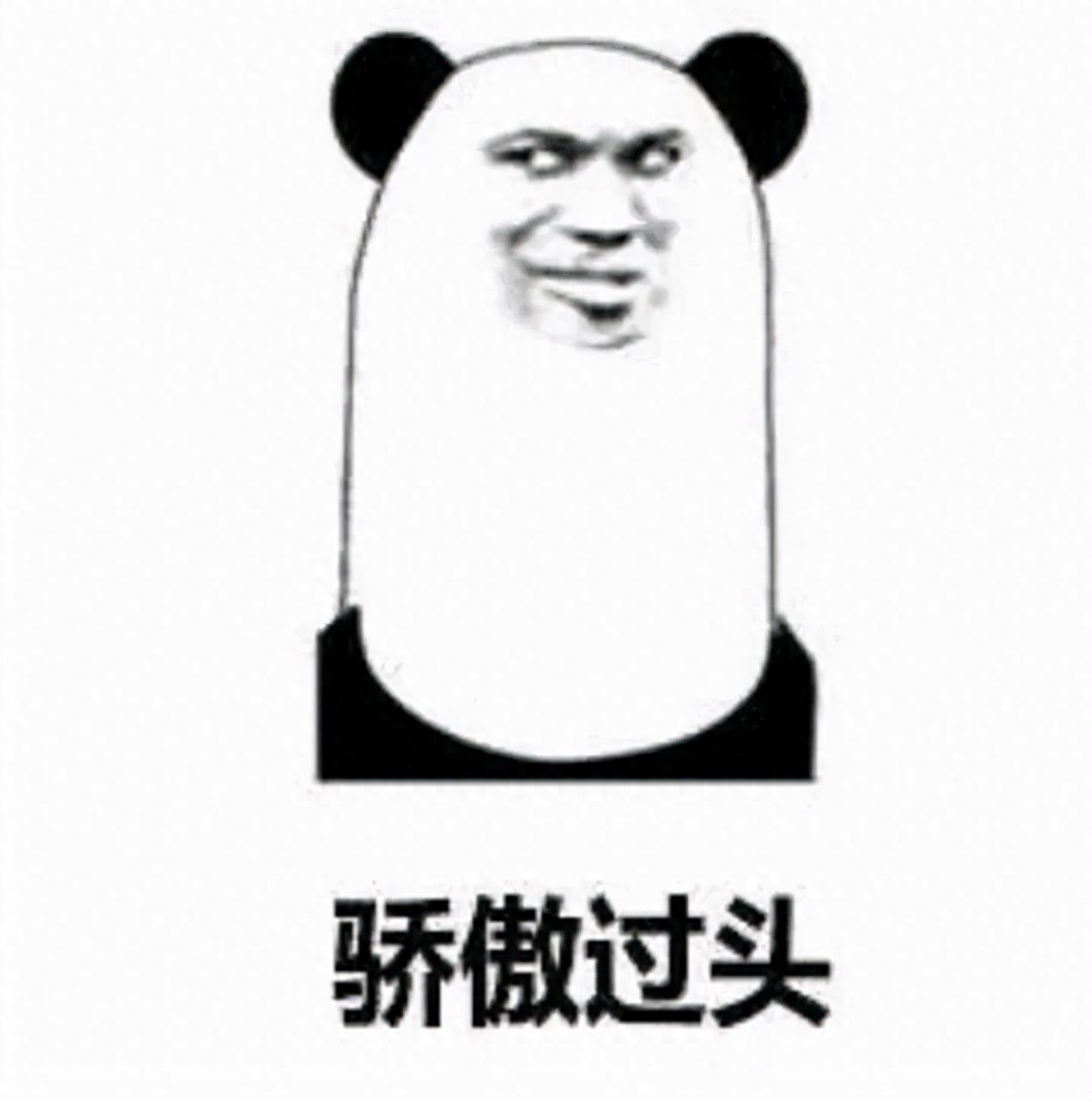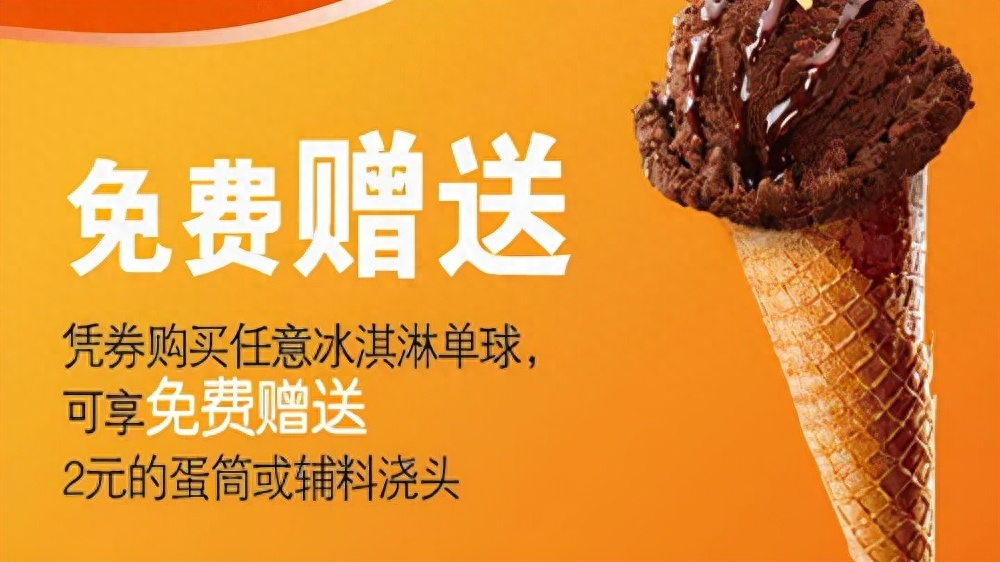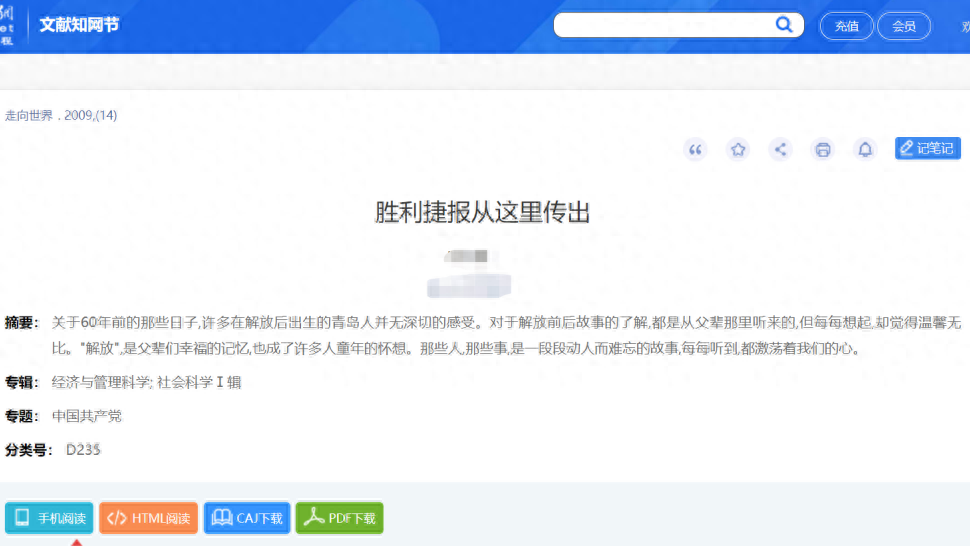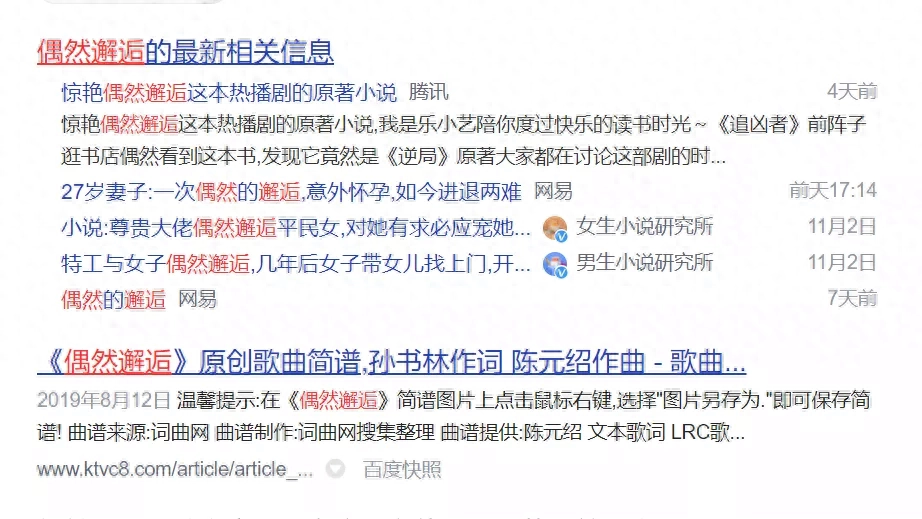In life, We often use PPT for presentations, and many people are accustomed to using "Thanks for listening" "Thanks for enjoying" As a conclusion.

The reporter thought this It is a polite term, but in fact this usage is inappropriate.
What's wrong with "Thanks for listening"?
"Listening" means to concentrate and listen carefully. This quote comes from "Five Hundred Dharma Sayings" by Yang Xiong of the Han Dynasty: "Listen to the past lives and see clearly below. There is nothing close to this."
"Listen" means to listen to the ear and follow the order, and the sound of the order is a knowing and pictophonetic character. "Ling" means command. "Ear" and "Ling" are combined to mean "listening to instructions", which is the original meaning; the extended meaning is "listening carefully".
"Listen" is used as a respectful word. Generally, subordinates listen to superiors' speeches, and juniors listen to elders' speeches. At the same timeExpress respect for the speaker (usually superiors, elders, experts, and authorities). For example:
① I didn’t expect to be able to meet in person tonight< /span>ListenYour instructions, I don’t know how to express my inner happiness. (Liu Shaotang's "Earth Fire")
② Zhao Gang held Tian Moxuan's hand with both hands Hand Technique: I have admired Mr. Mr.’s knowledge and character for a long time, but I have never met himListen Teaching... (Du Liang's "Bright Sword")
So,We just We should be able to listen to other people's opinions, but we should not let others listen to our reports with admiration.
If "thank you for listening" is misused, the meaning is not humility, but arrogance!

What's wrong with "Thank you for your appreciation"?
"Appreciation" comes from Tao Yuanming's "Two Poems on Migration": "We appreciate together the wonderful articles and analyze the doubts together."
"Modern Chinese Dictionary" has two meanings:One is to enjoy beautiful things and appreciate their taste; the other is to think that they are good< /strong>. For example:
① Once I was in Penghu On vacation at the seaside, the fishermen invited me to the seasideto enjoy< span style="color: #666E82; --tt-darkmode-color: #666E82;">Amazing scenery. (Lin Qingxuan's "Hometown of Sweet Fish")
② Be reasonable and able to refute He; he appreciates you, values you, and values you. (Zhang Zhenglong's "Snow White and Blood Red")
As you can see,"Thank you for your appreciation" means "your report is good", giving people the feeling of being boastful and boastful. At the same time, whether you appreciate it or not is someone else’s business. We cannot force others to “appreciate” our works.
Therefore, it seems inappropriate for the presenter to add such a statement at the end of the presentation.

Someone would like to ask, is there any closing sentence that can show humility and be speechless?
There are many! Here I briefly list a few:
■ The most common and versatile expression is"Thank you"!
■ When expressing gratitude, you can also say"Thanks for listening" and "Thanks Watch" "Thanks for the guidance"etc..
■ When expressing your attitude of asking for advice, you might as well say"Please correct me" or "Sincerely" Criticize and correct”etc.

There are some common sayings in life that you didn’t notice when you used them, but after careful analysis you found out that you had made a mistake!
Triumphant return

"Triumph" means "return victorious"(or "return victorious", "return victorious"). Since it already contains the meaning of "return", there is no need to add "superfluous things" after "triumph".
At the same time, the meaning of "triumph" also indicates the speaker's location, that is, the speaker must be at the destination of "return". For example, "Welcome the heroic triumph of the Beijing Medical Team." When this sentence is said, the speaker must be in Beijing.
So, the examples given for "triumph" in the reference book are all "Welcome...triumph" without " Farewell…triumph”.
Free gift

"Gift" refers to "giving property or title to others without consideration", including "free of charge" semantics. "Free" means "without charging any fees, remuneration, or items of a practical nature in exchange".
It can be seen that when "free" is used with "" and "gift", it makes the mistake of semantic duplication.
Victory News

"Victory news" means "victory news". Since it already contains the meaning of "victory", there is no need to add the word "victory" before "good news".
The title of the article in the picture should be directly changed to "The good news comes from here."
A chance encounter

"Accidental" is opposite to "inevitable", which means "things do not necessarily happen but happen"
Encounter refers to "unexpected or accidental encounter", emphasizing the contingency of the event itself.
Therefore, when these two words are combined together, there is a problem of semantic duplication. When expressing, just use "encounter" alone.
There are other things in life What are the common ones
Inappropriate use or semantics What about repeated statements?
Comments and additions are welcome!

Articles are uploaded by users and are for non-commercial browsing only. Posted by: Lomu, please indicate the source: https://www.daogebangong.com/en/articles/detail/gan-xie-ling-ting-xie-xie-xin-shang-na-li-bu-dui.html

 支付宝扫一扫
支付宝扫一扫 
评论列表(196条)
测试